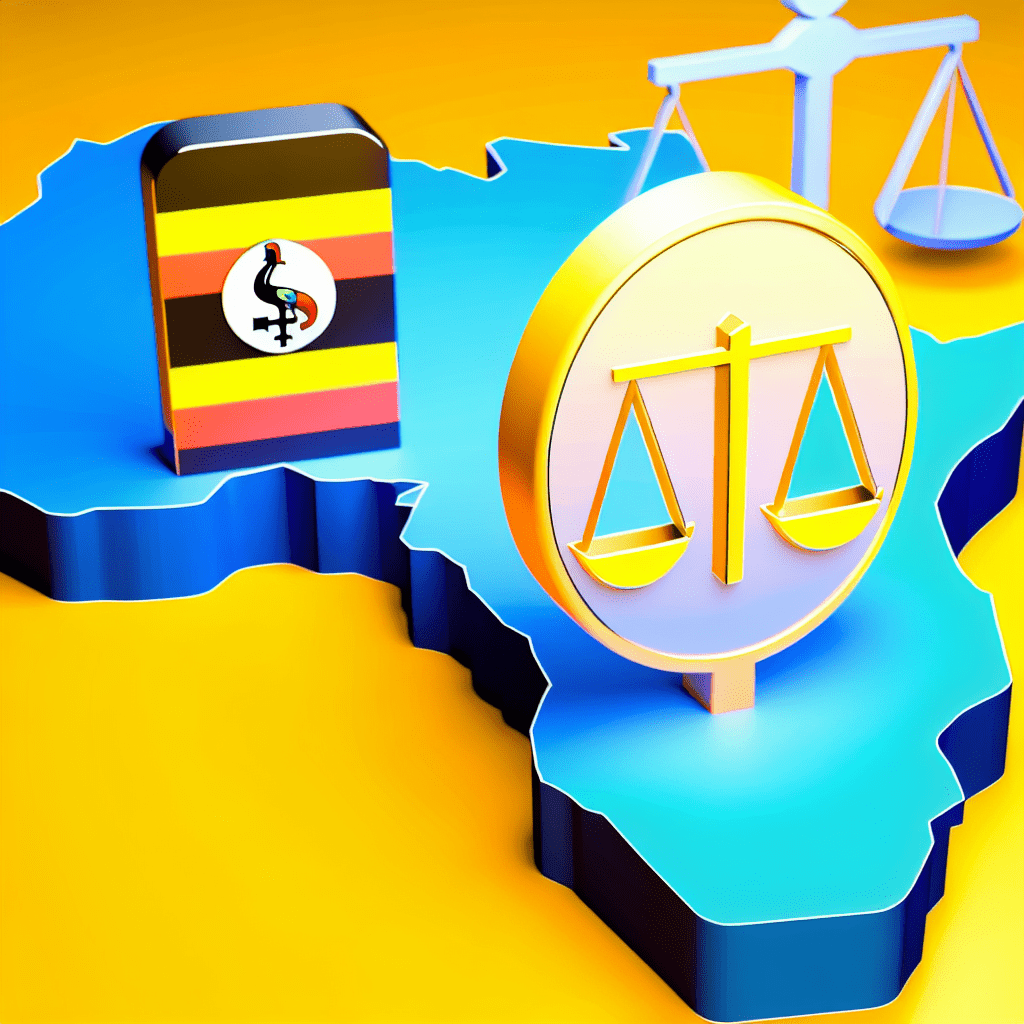Uganda has initiated a pilot for a central bank digital currency (CBDC) as part of a larger tokenization strategy across the country, while neighboring Kenya is close to implementing a crypto regulation bill.
The Global Settlement Network (GSN), a blockchain financial infrastructure company, has teamed up with Ugandan developer Diacente Group to tokenize $5.5 billion in real-world assets, which includes the CBDC pilot, as announced by the companies on Wednesday.
This comes as Kenya’s virtual asset service providers (VASP) bill passed through parliament on Tuesday and now awaits the signature of President William Ruto to become law.
According to a September report from blockchain data platform Chainalysis, Sub-Saharan Africa, which includes Uganda and Kenya, is the third-fastest growing region for crypto adoption, receiving $205 billion in on-chain value from July 2024 to June 2025.
Uganda CBDC backed by treasury bonds
Uganda’s CBDC, a digital version of the Ugandan shilling, has been launched on GSN’s permissioned blockchain, supported by Ugandan treasury bonds, and is accessible via smartphone, as shared by GSN and Diacente Group.
The pilot complies with local and international regulations, including Know Your Customer (KYC) and Anti-Money Laundering (AML) standards.
The tokenization effort targets digitizing flows in major sectors, including physical infrastructure such as agro-processing hubs, mining activities, and solar facilities.
Edgar Agaba, chair of Diacente Group, expressed that the initiative aims to unlock “long-term value for our people and our region.”
“By integrating tokenization and CBDCs into Uganda’s development roadmap, we’re creating transparent, tech-driven ecosystems that attract new capital, empower local industries, and scale sustainable growth from the ground up.”
Nigeria was the first African nation to introduce a CBDC in 2021, according to the Overseas Development Institute. Other countries like Ghana and South Africa have also conducted CBDC pilots, while Egypt has set a 2030 launch date and Rwanda and Kenya are still in the research and consultation stages.
Kenya’s crypto bill passes final hurdle
Kenya’s VASP bill, first introduced in January, establishes a licensing framework, consumer protections, and regulations for exchanges, brokers, wallet operators, and token issuers. The bill successfully passed parliament on Tuesday after a third reading and now awaits the president’s signature to become law.
Under this legislation, the Central Bank of Kenya will oversee payment and custody functions, while the Capital Markets Authority will regulate investment and trading activities.
Related: African economies show high potential for digital asset adoption
The law includes KYC and AML provisions that align with the standards of the Financial Action Task Force and establishes rules against misleading advertising, complete with fines and penalties.
Africa’s crypto industry is growing
By 2026, it is estimated that over 75 million users will be engaged in the crypto sector in Africa, according to Statista, with a user adoption rate of 5.90%. The continent’s total revenue is projected to reach $5.1 billion by 2026.
Stablecoins account for around 43% of the transaction volume in the Sub-Saharan African region, as reported by Chainalysis on October 2, with Nigeria, South Africa, Ghana, Kenya, and Zambia being the top five countries. Uganda ranks seventh.
Magazine: The one thing these 6 global crypto hubs all have in common…

